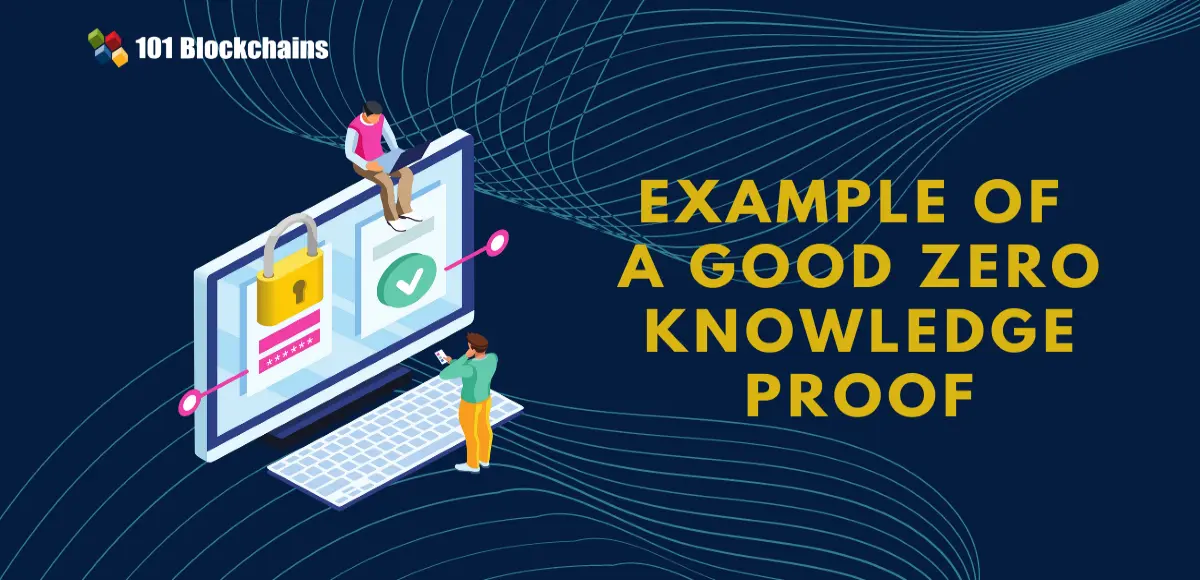
Privacy Unveiled: Navigating Zero-Knowledge Proof for Secure Identity Verification
Zero-knowledge proof (ZKP) has emerged as a powerful cryptographic technique revolutionizing identity verification. This innovative approach ensures secure transactions and interactions while preserving user privacy, making it a game-changer in the realm of digital identity.
Understanding Zero-Knowledge Proof
Zero-knowledge proof is a cryptographic method where one party, the prover, can prove to another party, the verifier, that they possess specific information without revealing the actual data. In the context of identity verification, ZKP allows individuals to prove their identity without disclosing sensitive personal details, providing a robust privacy-enhancing solution.
The Essence of Privacy Preservation
In traditional identity verification, the exchange of information often requires revealing more data than necessary, posing privacy risks. Zero-knowledge proof eliminates this concern by allowing individuals to demonstrate specific knowledge without exposing the knowledge itself. This not only enhances security but also prioritizes user privacy.
Secure Transactions with ZKP
Zero-knowledge proof plays a crucial role in securing transactions, especially in decentralized and blockchain-based systems. By employing ZKP, parties can verify the authenticity of information without the need to share the actual data, mitigating the risk of data breaches and unauthorized access. This cryptographic technique adds an extra layer of security to digital interactions.
ZKP in Digital Identity Verification
In the realm of digital identity, ZKP is a transformative tool. Traditional identity verification often involves sharing extensive personal information, creating vulnerabilities. With ZKP, individuals can prove their identity by demonstrating possession of certain knowledge, such as a password or private key, without revealing the actual sensitive data.
Enhancing User Control and Consent
Zero-knowledge proof empowers individuals with greater control over their identity information. Users can choose what specific details to disclose during identity verification, minimizing the exposure of unnecessary information. This user-centric approach aligns with the principles of consent and privacy control.
Applications in Authentication and Access Control
ZKP finds applications in authentication and access control systems. In scenarios where access to certain resources or platforms requires identity verification, ZKP allows individuals to authenticate themselves without divulging comprehensive personal details. This is particularly advantageous in maintaining privacy in various online interactions.
Challenges and Advancements in ZKP
While ZKP brings significant advantages, challenges exist, such as computational complexity and implementation considerations. Ongoing research and technological advancements aim to address these challenges, making ZKP more efficient and widely applicable. As the technology evolves, ZKP is expected to become even more accessible and user-friendly.
ZKP and Regulatory Compliance
In the context of regulatory compliance, ZKP can offer solutions that balance privacy with the need for identity verification. By providing a secure and privacy-preserving way to prove identity, ZKP aligns with the evolving landscape of data protection regulations and user-centric privacy expectations.
Exploring Zero-Knowledge Proof Identity Verification
For those interested in exploring the potential of zero-knowledge proof in identity verification, platforms like Zero-Knowledge Proof Identity Verification offer valuable insights and resources. These platforms contribute to the broader conversation about privacy-enhancing technologies, secure digital interactions, and the future of identity verification.
Privacy Unleashed: Zero-Knowledge Proof’s Impact
In conclusion, zero-knowledge proof stands as a beacon of privacy in the world of identity verification. By enabling secure transactions and interactions without compromising sensitive information, ZKP reshapes the narrative of digital identity. As the technology matures and gains broader adoption, zero-knowledge proof is poised to play a pivotal role in creating a more private, secure, and user-centric digital landscape.

